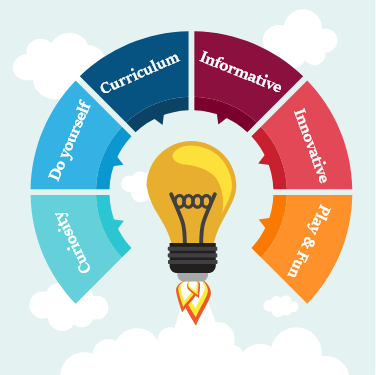

We aim to Build a Knowledge Society in rural areas by developing curiosity and a habit of problem-solving among children. The Creative interactive exhibition helps fire one’s imagination with educational products, which leads them to learn something more than just Science.
One science centre can be developed for a cluster of schools or for one block with the aim to establish this innovative concept of science centres in the school that is specially focused on tribal areas / backward areas in India.
This type of science centre may be developed 1 centre per block (taluka), so all the schools from the same block can take the full advantage of the establishments. Or one science centre can be developed for a cluster of schools in rural as well as urban areas.
First Innovative Science Center Of Marathwada – 28000 sq.ft. infrastructure with 5 sections

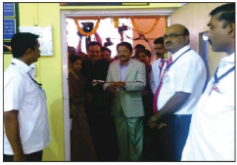
How we do it
This Science Center will be a cluster of Science gadgets installed permanently or movable meant for play way learning of science. Science Center is an innovative concept of teaching Science in an informal way. The basic concept of Science Center is enhancing the tendency of the children to play more than to read.
This center is designed considering ready space availability of a minimum of 1200-1500 sq.ft. Or minimum 3 classrooms or that of a big hall.
The budget required for such a small science center will be around 12 to 17 lakh (inr) for each such center (excluding the construction cost )
Considering this concept of a Science center to be established at schools, we have drawn a specific strategy. There are few important points which we have already taken care of like training teachers. The facilitator’s training is considered one of the key elements of this project which will be provided by us.

To date, the SEDT has established over 131 such science centres.
- 89 science centres – for the tribal development department and other departments of Maharashtra
- for HCL foundation centres at Nagpur, Noida, Lukhnow, Chennai and Pune
- 1 science centre – for rotary club in Pune


EXPERIENCE IN DEVELOPING SCIENCE CENTER
We have established the first-ever Science Centre in Rural Maharashtra – Discovery Science Centre, Kerwadi, which has been functioning successfully for the last 10 years.
It is the 1st Science Centre in Marathwada,
It is 28000 sq. ft. Infrastructure with different sections
We have a sizable experience of 15 years in running Science Centres for children in rural areas. SEDT is a non-profit making organization – We have always tried to maintain the Maximum Quality Standard in the development of every Science Centre without any Compromise.
We have training facilities and association with world-renowned trainers.
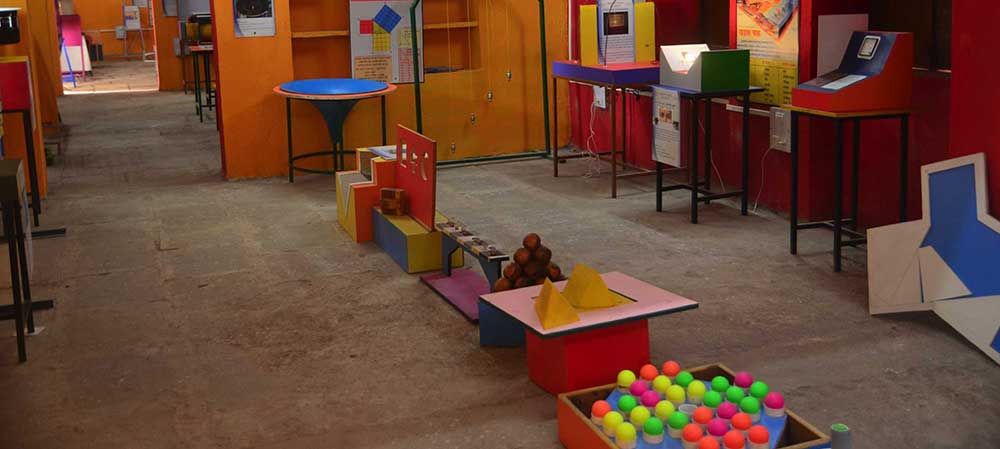
Small Science Centers In Rural Schools
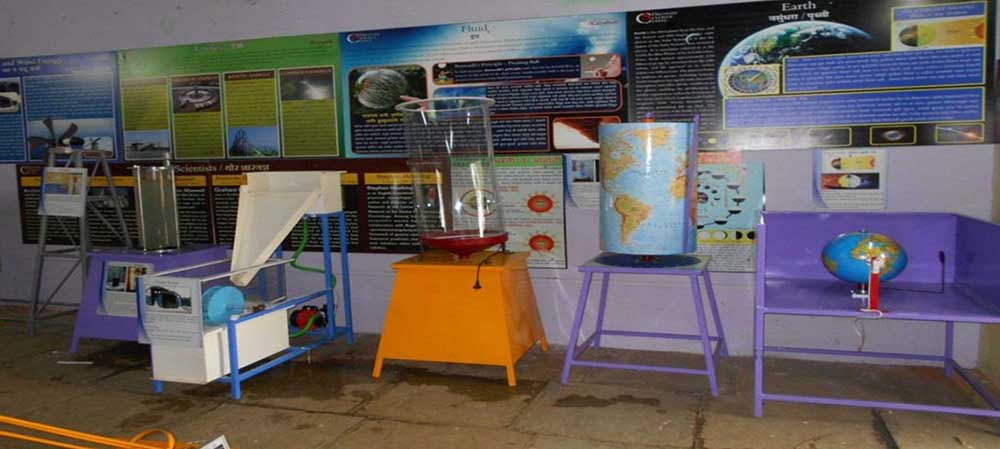
Small Science Centers In Rural Schools
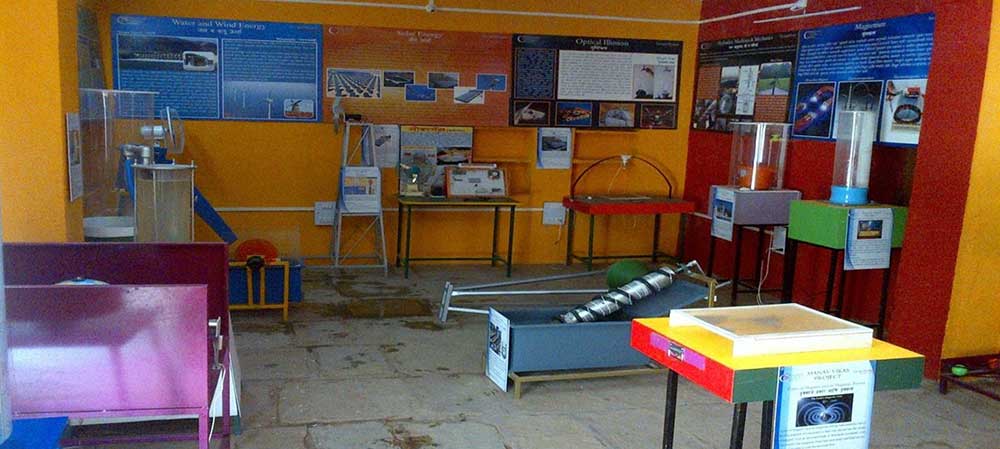
Small Science Centers In Rural Schools
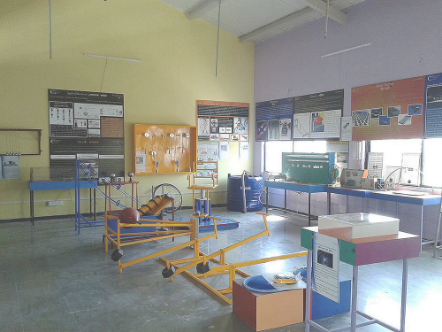
Small Science Centers In Rural Schools
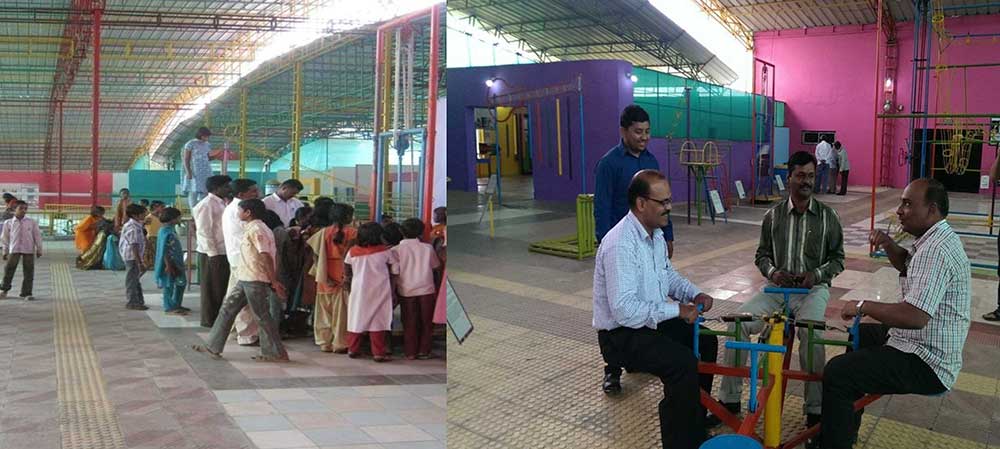
Having more than 110 interactive exhibits and every year more than 12000 students are visiting our center
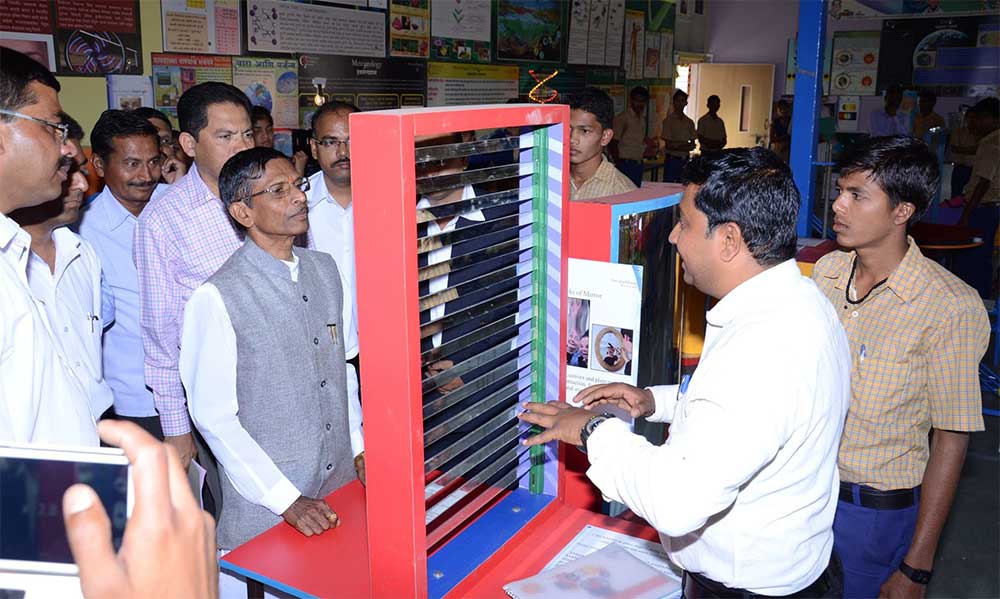
Inauguration of Small science center by Hon. Shree. Vishnu Sawara, Minister-Tribal Minister of Maharashtra
Sections covered in Discovery Science Center
- Mechanics
- Energy
- Meteorological station
- Heat and Energy
- Chemistry
- Knowledge (tricks , magic and curiosity )
- Biology (Human Body and parts )
- Geography
- Mind Games/puzzles
- Fun and play
- Mathematics & geometry.
- Hydraulics
- Sound
- Light- optics
- Magnetism
- Physics
- Poster Exhibition on different issues.
- Bio-diversity – Innovative Exhibit.

It’s easy ……when they start asking questions, lots of questions. And how do you recognize people are poor and impoverished?
That is simple …… When they do not have questions and feel that they know there is no point in asking any. When people do not have questions and when children do not ask any… Then we must cultivate, encourage and accelerate the culture of asking questions… This science centre is designed to create an environment where students and teachers can come together to play, think, learn, watch, discuss and do various activities. Every exhibit, which is to be displayed in the centre, aims to trigger their curious brains.
Our Approach
Identify and network with like-minded international educationists and partner with them to understand global practices. Establish a Curiosity Centre with adequate facilities and make it accessible to the children. Network with schools in the block, district, and adjoining districts in the region to reach maximum children and extend its benefits.


This center is designed considering ready space availability of minimum 1500-2000 sq.ft. or minimum 3 classrooms or any big hall of required space
-
Our Aim
- The teacher’s role as a Facilitator is important to deal with children when they visit these centers.
- Schools should appoint 1 or 2 people, teachers from their staff that may be given the responsibility to take care of the center and the children who visit from the nearby schools
- Need to properly care for and maintain the exhibits that are manufactured and treat them with enough care while still allowing them to be used by the children.
- There shouldn’t be any more than 50 children in the center at a time. The school should maintain this accommodation so every child can see all exhibits in detail.
- Proper planning of visits should be done by the owner of the science center’s school. This school should coordinate with all the nearby schools and plan proper visits.
- Our Aim
- The teacher’s role as a Facilitator is important to deal with children when they visit these centers.
- Schools should appoint 1 or 2 people, teachers from their staff that may be given the responsibility to take care of the center and the children who visit from the nearby schools
- Need to properly care for and maintain the exhibits that are manufactured and treat them with enough care while still allowing them to be used by the children.
- There shouldn’t be any more than 50 children in the center at a time. The school should maintain this accommodation so every child can see all exhibits in detail.
- Proper planning of visits should be done by the owner of the science center’s school. This school should coordinate with all the nearby schools and plan proper visits.
Concept Development and support National and international advisors
- NEMO Science Center, Amsterdam, The Netherlands.
- TECHNOPOLIS Science Center, Brussels, Belgium.
- Dr. Diana Issidorides and Dr. Andrea Bandelli , Psychologist. (both educationalists with much experience in this field)
- Mr. Gaby Duyvedack, (author on science subjects)
- Mr. Cees Tompot ( YOJANA PROJECT HELP, Netherlands )
- Rajkot Science Center , Gujarat
- YPS -Curiosity Center



